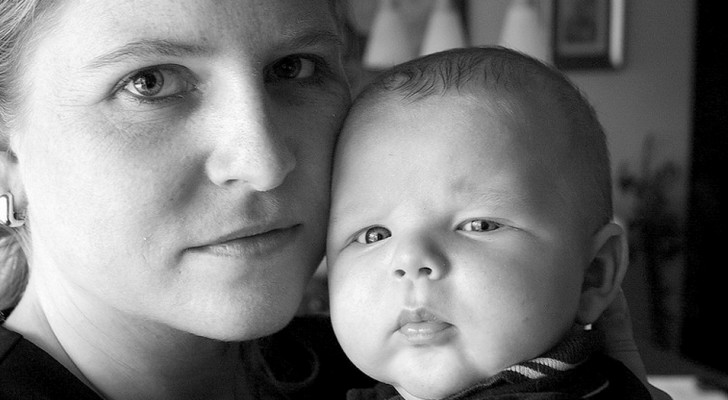7 useful techniques to overcome anxiety and regain control of your life

For many of us, living and learning to live with various forms of anxiety has become a necessity from which we cannot escape.
We are put to the test on a daily basis and we cannot do anything but try to resort to various strategies in order not to succumb to our anxiety.
There is no single recipe that is good for everyone, but there are a series of simple techniques, each with an element of control at the center, which seem to work well for many who suffer from anxiety.
In some cases, people are able to manage their anxiety without the use of drugs, thanks to some simple "tricks" that can help them to focus their attention on other things, which allows them to prevent or control an anxiety attack.
Of course, simple does not always mean easy, at least not at the beginning.

1. Don't judge yourself instead use self-compassion
One way to learn to listen to the message that anxiety transmits is to practice self-compassion. While common thought encourages us to face our fears head-on, so as to eradicate them, this is counterproductive with anxiety. Instead, problems can be faced and understood much better when we choose a mentality of self-compassion. This mindset consists of allowing for mistakes, which makes things easier so that we can bravely get back up and resolve the problem we are facing.
2. Try to make friends with your anxiety
Contrary to what we are led to think, we must learn to look at anxiety as a friend and not as an opponent. We have to think that the job or purpose of anxiety is to warn us about the people and situations that are dear to us. Of course, "anxiety" does this in a totally out of control way, but it is up to us to find the formula that helps us to manage our anxiety. Apparently, this is best done by trying to listen better to the message that it seeks to convey, rather than silencing it or ignoring it. In this way, we can control much better anxiety's potentially devastating effect.
3. Talk about your anxiety without shame
One of the formulas considered best for overcoming or managing various states of anxiety is language. Whether written or verbal, it seems to be essential to talk about anxiety. Talking about our anxieties, helps us not only to look at them from the outside but also to process them differently internally. In fact, naming our feelings helps us to identify and define them. Moreover, the support of those around us also helps us to have a different perspective concerning how to solve the problems that afflict us.

4. Feeling grateful
Gratitude is a particularly useful emotion when dealing with anxiety, in fact, in addition to helping us to reformulate the negatives as positive, it opens us to a broader vision of ourselves and the world. This can help us to transcend our immediate feelings of anxiety and the sense of isolation that so often accompanies these emotions.
5. Breathe consciously
Breathing is an activity of which we are obviously aware, but which we do not think of because it occurs naturally. Focusing on your breathing, with longer and fuller breaths, is of great help in calming the nervous system and is, therefore, an important response to counteract an imminent anxiety attack. Consequently, becoming aware of our breathing can give us a great advantage and control over our anxiety.
6. Be "here and now"
"The canceling effect", which works very similarly to distraction, involves the use of positive emotions to subdue negative ones. It would seem that focusing on beautiful things (a favorite movie, a song, etc.) can be a great tool to support and control anxiety. "Grounding" is the attachment to the here and now of your environment and consists in concentrating on what is immediately in front of you, like the light from the window, the gently moving curtain, the flowing sight or sound of water. This is because being aware of the reality around us helps us to escape from the state of anxiety we feel internally.
7. Get enough sleep
Getting enough sleep is not always easy for an anxious person, however, getting enough sleep or sleeping at least when you are tired is essential for developing healthy cognitive and emotional habits.
In conclusion, knowing how to overcome anxiety is first and foremost learning to live with it and trying day after day to take control and manage it, so that we can live better with ourselves and others.





